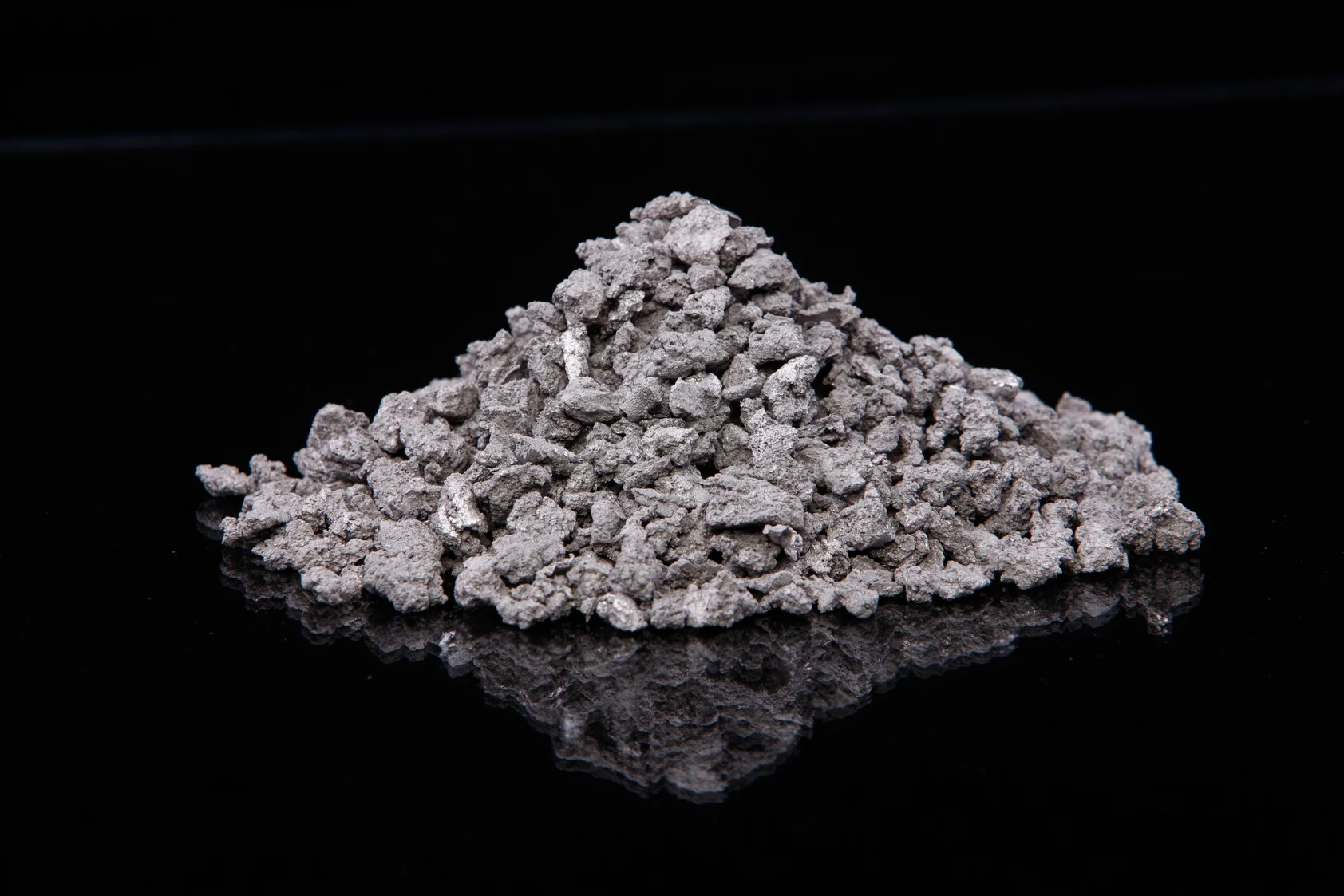Aerospace Shortage: Certification and Risks Complicate Solutions
China’s titanium sponge industry has seen rapid growth, with production rising from 175,000 tons in 2022 to 218,000 tons in 2023, marking the ninth consecutive year of increase. Much of this supply remains within China, which faces domestic oversupply, yet this surplus positions China to potentially offset the global demand surge. Japanese, Saudi Arabian, and Kazakh manufacturers are already operating at near-total capacity, and leading aerospace companies like Airbus are considering new options to ensure supply continuity.
Despite interest, the aerospace sector’s rigorous certification process poses a significant challenge. Obtaining approval for standard quality (SQ) and premium quality (PQ) titanium sponge — the latter essential for high-stress components like engine disks — can take upwards of five years. While Airbus has expressed openness to considering Chinese titanium as an option, certification decisions ultimately lie with ingot melters and engine manufacturers, adding another layer of scrutiny.
Political Dimensions and Legislative Responses
Beyond technical hurdles, China’s position as a potential supplier is complicated by geopolitical concerns. Rising tensions in the Asia-Pacific region make some industry players wary of relying on Chinese titanium, which could be impacted by future sanctions or trade restrictions. In the United States, where imports of Chinese titanium sponge are rising despite a high tariff burden, legislative efforts seek to curb this dependency. A recent proposal, the Securing America’s Titanium Act, would eliminate the 15% import tariff on titanium sponge while maintaining an additional 25% duty specifically on Chinese imports. This policy aims to discourage reliance on Chinese suppliers while protecting the U.S. titanium supply chain from undue foreign influence.
Europe’s Position: Seeking a Cost-Effective Solution
Meanwhile, Europe, where autonomous tariff suspensions ease import duties, could more easily incorporate Chinese titanium sponge into its supply chain. Without the high tariffs that affect U.S. imports, Europe may offer a receptive market for China’s titanium output. However, as in the U.S., European companies face complex decisions in balancing supply needs against possible geopolitical risks.
As China’s titanium industry scales up, the global aerospace sector remains split on the risks and rewards of introducing Chinese sponge. Certification challenges and international tensions will likely continue to shape the trajectory of titanium supply chains in the years to come.
Tags
RAREMETAL



